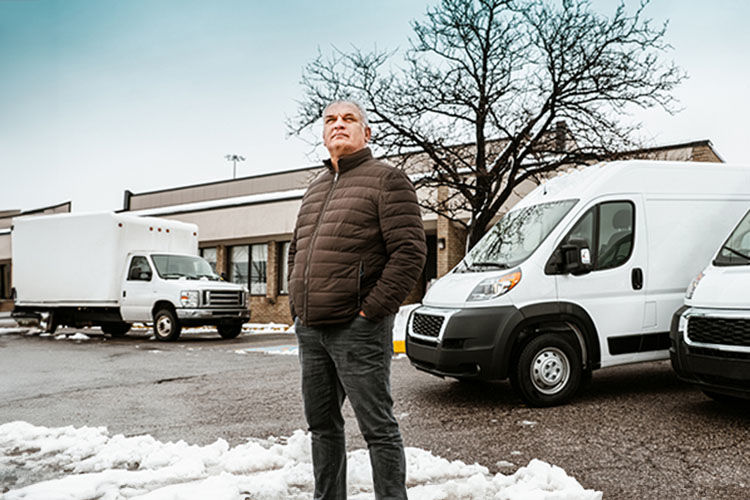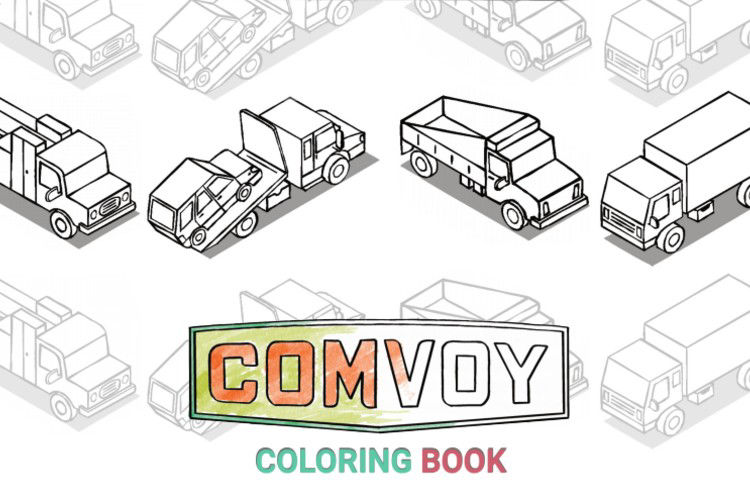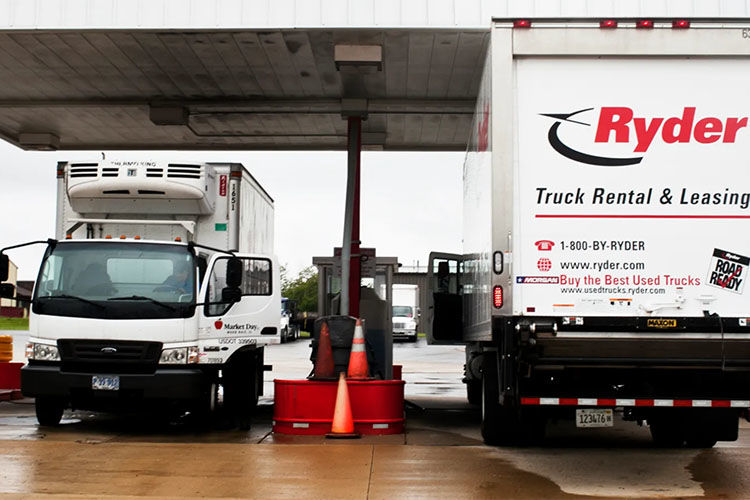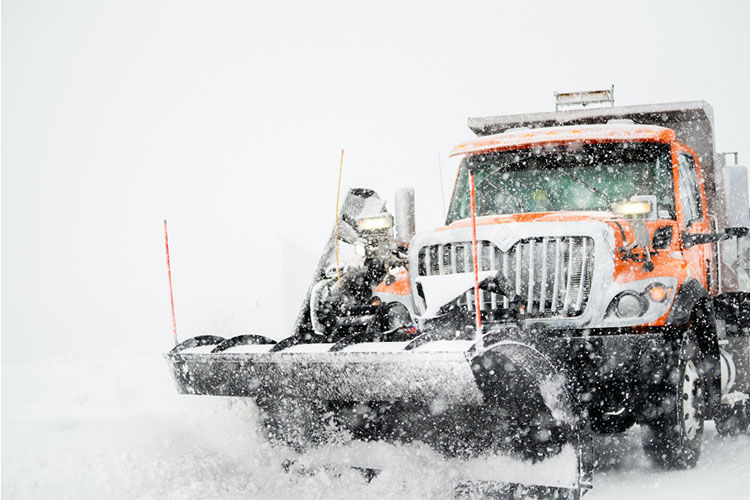Here’s What You Need to Start a Towing Business
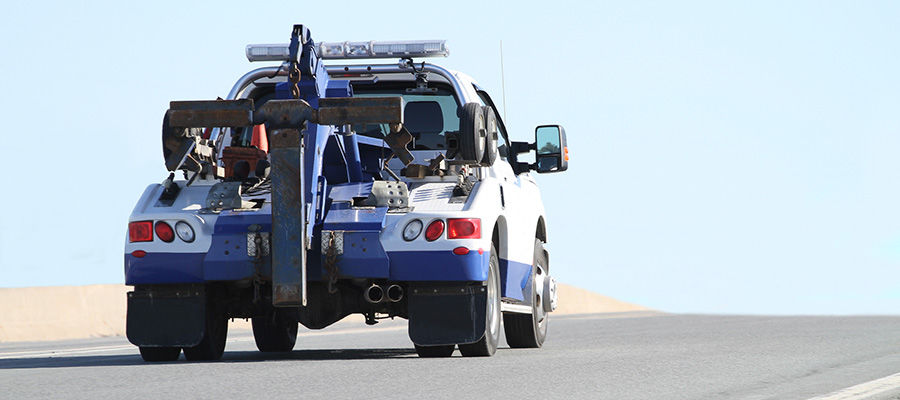

Here’s What You Need to Start a Towing Business
If you’re looking to start a side job or start up your own business and become a tow truck driver, there’s not a better time. The lack of available new vehicles and the high cost of used cars are causing owners to keep their current cars longer. Often, extended mileage may mean more breakdowns (if the vehicle hasn’t been properly maintained) and the need for towing. However, you should know that there’s more to a towing service than picking up and hauling non-working vehicles.
Starting a tow truck business requires you to have the proper training, state, county, and city certifications, and the ability to be a counselor and physical fitness athlete. And it would help if you also were flexible - as in waking up at any hour you’re called. Running a tow truck business takes hard work, dedication, and endurance.
Without towing professionals, many drivers would be stranded on the road with no help. If you want to become a tow truck driver, the following guide will help you get rolling.
Tow Truck Business Regulations
First off, state and federal regulations govern truck operators to ensure that they operate according to all safety standards. These agencies issue licenses to qualified applicants who meet their requirements for age, driving record, and other qualifications. The list of licensing agencies will vary depending on where you live. So, contact your local Department of Motor Vehicles or an attorney for help to determine whether towing is regulated by the state or federal government in your area.
Next, you’ll need to comply with local laws. This means checking your local ordinances for any restrictions on business locations and if any licensing requirements may be in place. It’s also a good idea to look into zoning laws that may affect where you can run your business.
To start the right way, the first thing you need is a tow truck. And depending on how it’s upfit, it could cost anywhere from $58,000 - $900,000 without counting state or federal fees. That’s a massive range in price but has to do with the tow truck’s abilities and the category of vehicle you’re planning on towing.
Truck and wrecker costs can be all over the map these days. And, because of supply chain restrictions, it may be challenging to pick up a new model quickly. But, as in other trucking categories, models from heavy-duty to light-duty have been produced for a long time. So, if you’re willing to look around at used models, you’ll be able to find something that meets your needs.
What Tow Truck Should I Buy?
The type of tow truck you buy will be dependent on what you’re planning on towing. For example, towing automobiles won’t require as much power and GVWR (Gross Vehicle Weight Rating) compared to a Class 8 chassis cab. It’s essential to pick up a truck that can handle the loads and vehicles you’ll want to tow. Some things you’ll need to consider are:
- The category of vehicles you’ll tow
- The acceptable mileage and age of the truck
- The GVWR and towing capability
- Standard and optional features you’ll need
That New Tow Truck Smell
Depending on your budget and locating one, picking up a fresh tow truck is never a bad thing. But even though you’ll have a new engine and body, you’ll also have depreciation costs to consider. So, make wise choices to maximize your business profit.
If you’re starting a new tow truck business, you can save a considerable amount of money by purchasing a used tow truck. Depending on the model, well-taken care of trucks can stay in service well over 300,000 miles. Begin your search at Comvoy.com. It’s an excellent place to start.
Here are the different classes of tow trucks you can buy:
Class 8 Tow Trucks - 33,001 - 150,000 GVWR
Tows most anything and up to ultra-heavy rotator, heavy-duty wreckers, and heavy equipment.
Heavy-Duty standard Tow Truck
- 25 - 100 ton
- $250,000 - 650,000
Rotator Ultra Heavy-Duty Tow Truck
- 35 - 75 ton
- $488,000 - $900,000

Class 7 Tow Trucks - 26,001 - 33,000 GVWR
Regular cab chassis with factory standard equipment
Tows up to larger motorhomes, single-axle tractors with trailer and mid-sized construction equipment
- 12 - 20 ton
- $80,000 - $250,000
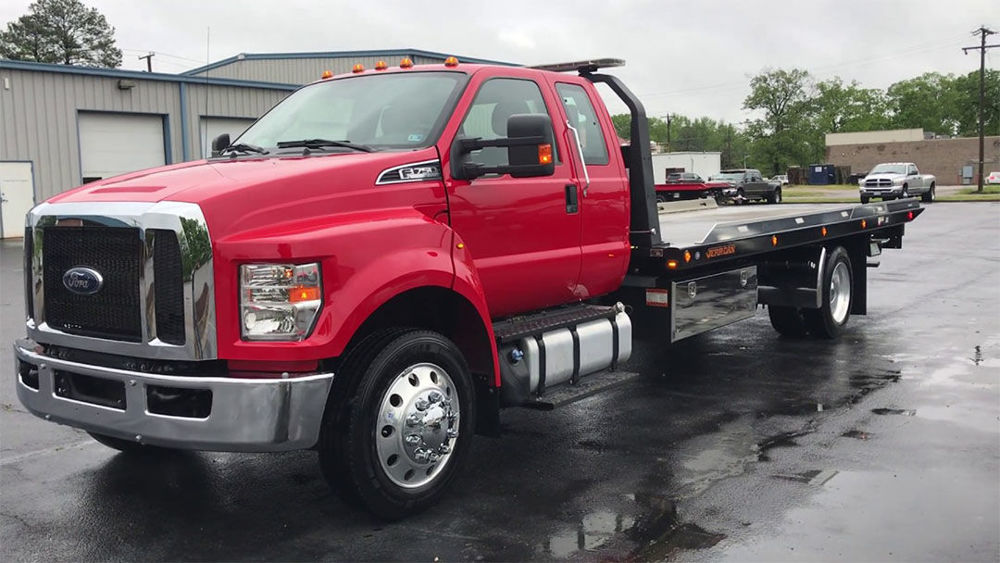
Class 6 Tow Trucks - 19,501 - 26,000 GVWR
Regular cab chassis with factory standard equipment
Tows up to medium box trucks, single-axle tractor trucks, and campers
- 12 - 20 ton
- $80,000 - $250,000
Class 5 Tow Trucks - 16,001 - 19,500 GVWR
Regular cab chassis with factory standard equipment
Tows small, mid-sized and full-sized autos and trucks
- $58,000 - $72,000

Class 4 Tow Trucks - 14,001 - 16,000 GVWR
RAM 4500 Class 4 and Ford F-550 Class 5
Regular cab chassis with factory standard equipment
Tows small mid-sized autos and trucks
- $58,000 - $72,000
Consider Safety When Buying a Tow Truck
There may be times when you’ll be tempted to consider towing something that is over the GVWR limit for your truck. Maybe you’re in the area or need some extra profit that day, and it’s hard to turn down work. However, you’ll need to stop and consider the costs if something goes wrong. Your reputation and business aren’t worth the money.
There are enough hazards you’ll have to deal with daily but, overloading your truck shouldn’t be one of them. You’ll put yourself and your vehicle in danger. Loss of control, braking, and damage to your frame and equipment will wear out the truck before its time.
If you’re in an area where logistics and shipping corporations are based and want to target them for towing services, buy the equipment that will pull a Class 8 vehicle. Don’t try to get by with or misrepresent your equipment and abilities, or it will come back on you at the worst time.
Other necessary items for your business include signage, uniforms, and a company website. So, as you can see, there’s a lot to consider when starting a tow truck business. But by doing your homework and getting organized, you can be on your way to becoming your boss and providing a valuable service to your community.
Tow Truck Insurance
Your state will require insurance and, even if there weren’t a requirement, you would need it for your protection. Accidents happen, even to those cleaning up after an accident, so you’ll need to be prepared for it.
According to insurancehub.com, the main areas that many tow truck plans will cover are:
- Auto liability insurance (including bodily injury and property damage) - covers damage that your company causes others.
- Medical payments insurance - covers medical bills for you or passengers in your truck.
- Physical damages coverage - if one of your trucks is damaged in an accident or through other means.
- Uninsured or underinsured motorist insurance - will take care of costs if a driver causes damage to you but doesn’t have insurance.
- Excess Liability - This covers you if you’re sued or something happens that costs more than your regular auto insurance covers. For a small amount of money each month, you can have peace of mind.
On the Hook - This will cover the car you’re towing if something happens to it during transport.
You’ll need other policies if you store the vehicles or work on them once you tow them. So, consider your business needs and get insurance before you start. It may cost you something, but not having insurance will put you out of business.
Get to Work with Your Tow Truck Business
The need for tow trucks seems to be more significant each year. More vehicles are on the highway, more miles are driven, and owners keep their cars longer. You can begin helping others with your own tow truck business with sound research and planning. Why not start your tow truck search now at comvoy.com.
Published on: April 13, 2022

